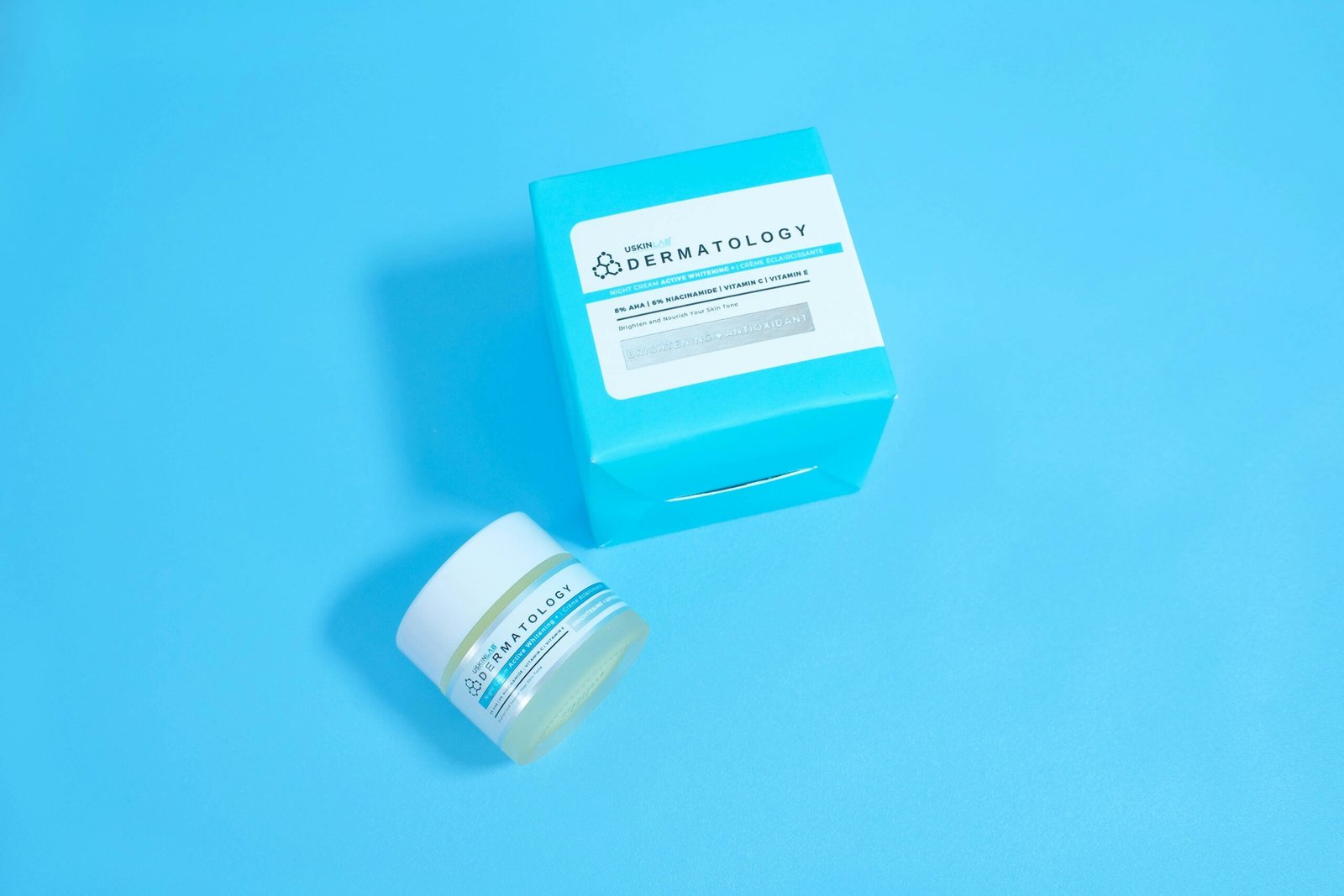
Top 5 Skincare Myths Debunked by Dermatologist Dr. Shweta Arora
Introduction to Skincare Myths
The realm of skincare is rife with misconceptions and myths that often influence individuals’ routines and choices. These top 5 skincare myths can detract from effective practices and lead to decisions that may negatively impact skin health. The persistence of these myths arises from a variety of sources, including anecdotal evidence, social media, and outdated information propagated through generations. Misinformation tends to spread quickly, particularly in an age where information is readily accessible but not always accurate.
In popular culture, skincare advice is frequently derived from personal experiences rather than scientific research. This can create a false sense of credibility around various claims. For example, the notion that oily skin does not require moisturization is a widespread belief, yet it contradicts the fundamental principles of skin care that emphasize hydration for all skin types. Such myths can cause individuals to neglect crucial aspects of their skincare regimens, leading to detrimental effects on skin health, including dryness, irritation, and even exacerbation of existing conditions.
The implications of these misconceptions are significant. When individuals rely on popular myths rather than established dermatological advice, they may experience poorer skin conditions or disregard treatments that genuinely benefit their skin. By challenging these top skincare myths and promoting scientifically-backed practices, individuals can better navigate their skincare journeys. Dr. Shweta Arora, a renowned dermatologist, will clarify these common misconceptions and present evidence-based recommendations, underscoring the importance of consulting professionals when making skincare decisions.
Myth 1: Oily Skin Doesn’t Need Moisturizer
One of the most pervasive beliefs in skincare is that individuals with oily skin do not require moisturizer. This notion is misleading and can lead to various skin issues. According to dermatologist Dr. Shweta Arora, everyone, regardless of their skin type, needs hydration to maintain optimal skin health. The misconception often arises from the understanding that oily skin is already producing excess oil; however, the reality is more nuanced.
When individuals with oily skin forgo moisturizers, they may inadvertently trigger additional oil production. The skin’s natural response to dryness is to produce more sebum, which can exacerbate oiliness and lead to clogged pores. This cycle can create an environment conducive to acne and other skin concerns, undermining the overarching goal of achieving a balanced complexion.
Dr. Arora emphasizes that the key to managing oily skin effectively lies in selecting appropriate products designed to hydrate without overwhelming the skin. Lightweight, oil-free moisturizers are ideal as they provide essential hydration without adding excess oil. Ingredients such as hyaluronic acid and glycerin are particularly effective, as they draw moisture into the skin while maintaining a non-greasy finish. Additionally, formulations containing salicylic acid can help reduce pore congestion, addressing both oiliness and acne.
In summary, the belief that oily skin does not require moisturizing is one of the top 5 skincare myths that can have detrimental effects. Proper hydration tailored to the needs of oily skin not only helps to balance oil production but also promotes overall skin health. By dispelling this myth and embracing suitable moisturizer options, individuals with oily skin can achieve a clearer, more radiant appearance.
Myth 2: Sunscreen Is Only Necessary on Sunny Days
A common misconception that persists among many individuals is the belief that sunscreen is only required when the sun is out, specifically on bright, sunny days. However, Dr. Shweta Arora, a reputable dermatologist, emphasizes that this belief is misguided. Ultraviolet (UV) rays, which are harmful to the skin, can penetrate through clouds and still pose a significant risk of skin damage even on overcast days. The reality is that up to 80% of UV rays can reach the skin regardless of weather conditions.
This persistent exposure to UV radiation can lead to various skin issues, including premature aging, sunburn, and even an increased risk of skin cancer. As a result, a daily regimen of sunscreen application is imperative, regardless of whether it’s sunny, cloudy, or rainy. Dr. Arora advises that individuals should incorporate sunscreen into their daily skincare routine, considering it an essential protective measure against UV damage.
Choosing the right sunscreen is also crucial for effective skin protection. Dr. Arora recommends opting for a broad-spectrum sunscreen with an SPF of at least 30, as this provides a higher level of protection against both UVA and UVB rays. It is important to consider different formulations suitable for individual skin types. For instance, those with oily skin may prefer a matte finish, while individuals with dry skin may benefit from a hydrating formula.
Furthermore, reapplication is vital for sustained protection, especially in situations involving prolonged outdoor activity. Dr. Arora suggests reapplying sunscreen every two hours and immediately after swimming or excessive sweating. By dispelling this common skincare myth, we encourage a more informed approach to sun protection that prioritizes year-round diligence.
Myth 3: Expensive Products Are More Effective
One of the most widely held beliefs in the skincare industry is that the price of a product directly correlates with its effectiveness. Many consumers assume that choosing high-end brands guarantees superior results. However, Dr. Shweta Arora emphasizes that this is a misconception, one that often leads individuals to overlook quality ingredients in favor of brand prestige. The truth is that effective skincare is not contingent upon a hefty price tag.
When evaluating skincare products, the focus should be placed on the formulation and the active ingredients they contain rather than the brand’s name or packaging. Ingredients such as hyaluronic acid, retinol, and vitamin C are renowned for their efficacy and can often be found in both affordable and high-end products. Dr. Arora points out that an effective product is defined by its active ingredients and how well they are formulated to penetrate the skin. In this regard, price is less significant than one’s ability to analyze ingredient labels.
Furthermore, numerous affordable products have made a name for themselves in the beauty community due to their beneficial properties. For instance, products from brands like The Ordinary or CeraVe offer dermatologist-recommended formulations at accessible prices. Such brands demonstrate that high-quality skincare does not need to break the bank. Consumers should be encouraged to do their research and choose products based on evidenced results rather than preconceived notions of what price points signify.
In summary, the myth that expensive products are inherently more effective than their budget counterparts is definitively debunked. By concentrating on the right ingredients and formulations rather than the price, consumers can achieve fulfilling results without overspending in their pursuit of optimal skincare.
